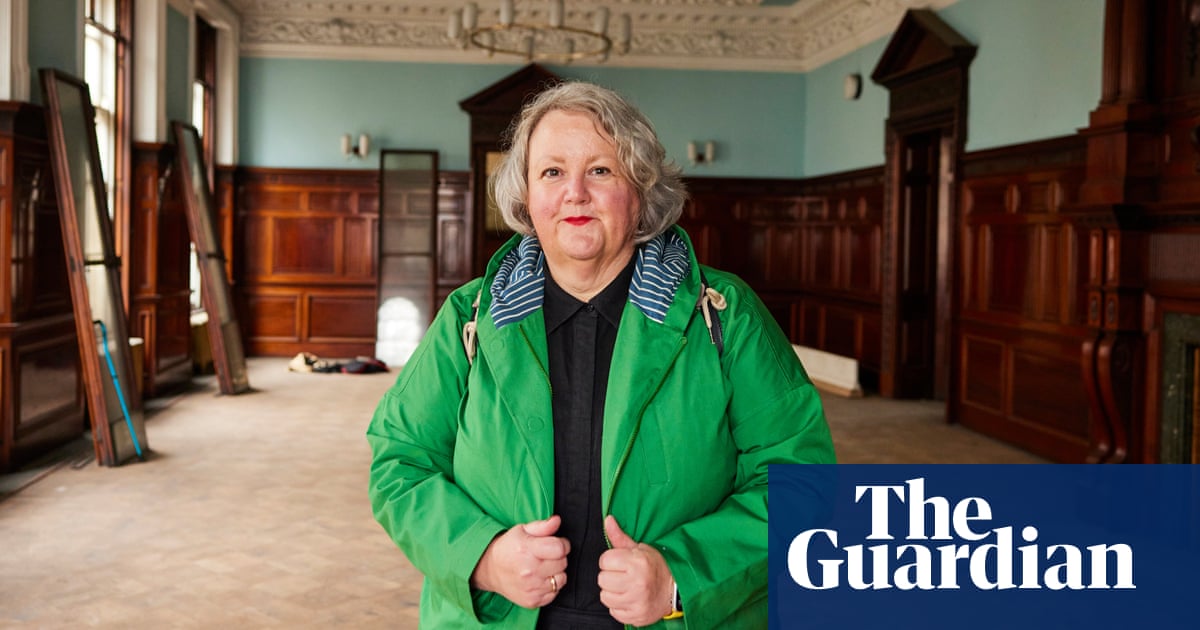Writing and publishing in the UK is in crisis, with a growing marginalisation of working-class people whose stories and experiences are not being heard, the backers of a new literary magazine and platform have argued.
The Early May bank holiday has been chosen for the launch of The Bee, a UK-wide initiative that will includea website, literary magazine, podcast and outreach programme.
Supported by the actor Michael Sheen and led by theNewcastle-based charity New Writing North, The Bee is a response to what they see as the “class crisis in the UK writing industries”.
The magazine will be edited by Richard Benson, who edited The Face in the 1990s. He said it was well known the creative industries were “massively skewed” in terms of representation, but writing and publishing were “even more skewed”.
“It is not in a good place,” he said. “Why do we accept that it’s normal to have good working-class representation in music, but you wouldn’t have that in publishing? There’s no real reason why that should be the case.
“All the indicators point to it getting worse. If you think back to the 60s and 70s, there was more working-class representation and people were getting their voices heard. You were seeing that showing up in the kind of books, films, television that was made.”
Backers of The Bee say that “the marginalisation of working-class writers” is increasing. They say that in 2014, 43% of people in publishing came from middle-class backgrounds and only 12% from working class. In 2019 the number of people who came from the middle class had risen to 60%.
Benson said there were issues of justice and fairness, but also common sense.
“Much of the important writing being done today and so many of the best-loved stories come from ordinary working people,” he said. “So often it’s stories from the working classes that express what is really happening in the world.”
One strand of the initiative will be a podcast that will try to create “an alternative canon of classics”, with guest writers and academics discussing whether a book deserves a place on the virtual shelves of “the working-class library”.
Three are being released on Monday, with Louise Doughty discussingGiving up the Ghost by Hilary Mantel; Craig McLean discussingIrvine Welsh’s Trainspotting; and Simon James, a professor of English literature at Durham University, discussing George Gissing’s 1891 novel New Grub Street.
Benson accepted that class has always been hard to define precisely and can mean different things to different people. But he said: “What is clear is that in 2025 your background can still affect your life chances and career prospects.”
Claire Malcolm, the chief executive of New Writing North, said there had been success stories from a number of initiatives on the problem, but research showed “the class crisis continues to grow”.
She said that, according to Sutton Trust research, just 10% of authors and writers are from working-class backgrounds and 44% of newspaper columnists attended a private school.
“There’s been so much debate about class in the creative industries but nothing has changed,” she said. “Things are actually getting worse and inequality more entrenched, hence the need to make our own reality.”
Malcolm added: “Talent is classless. Opportunity, however, is class-bound. The Bee is an urgent response to that.”
The first print magazine will be published in the autumn and will feature writing on contemporary life and culture by working-class writers. The Beehive, an online space providing support, community and development opportunities for new and emerging working-class writers, will launch in the summer.
The Bee is an extension of A Writing Chance, a scheme for working-class writers founded by Michael Sheen, the Joseph Rowntree Foundation and Northumbria University. It is supported by the publisher Faber.
